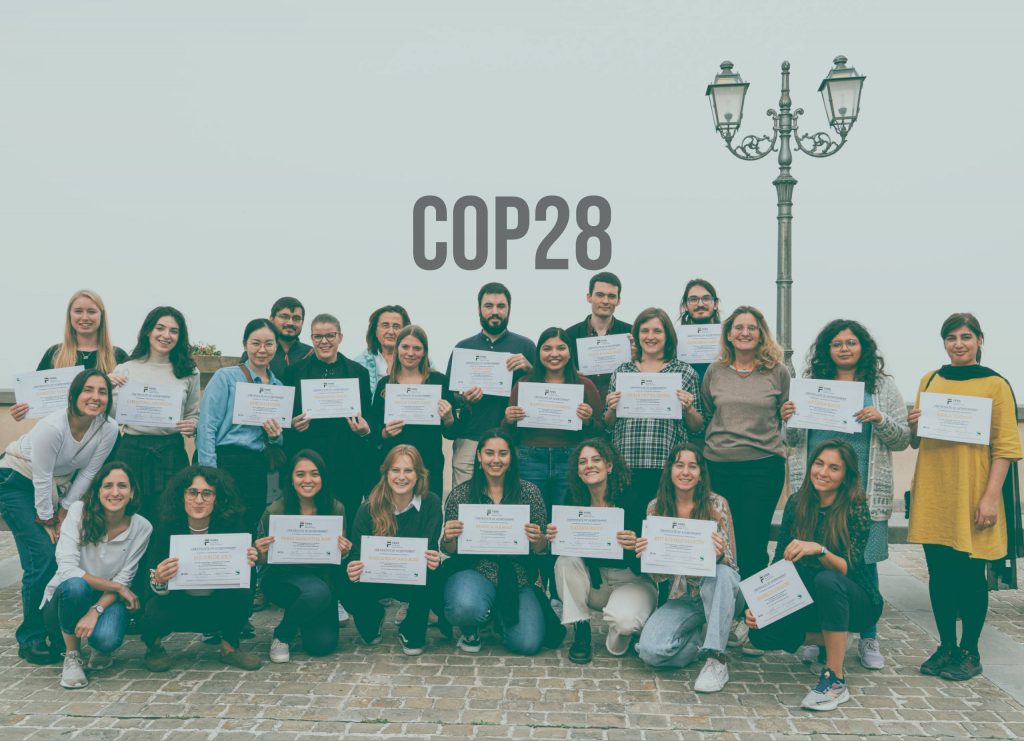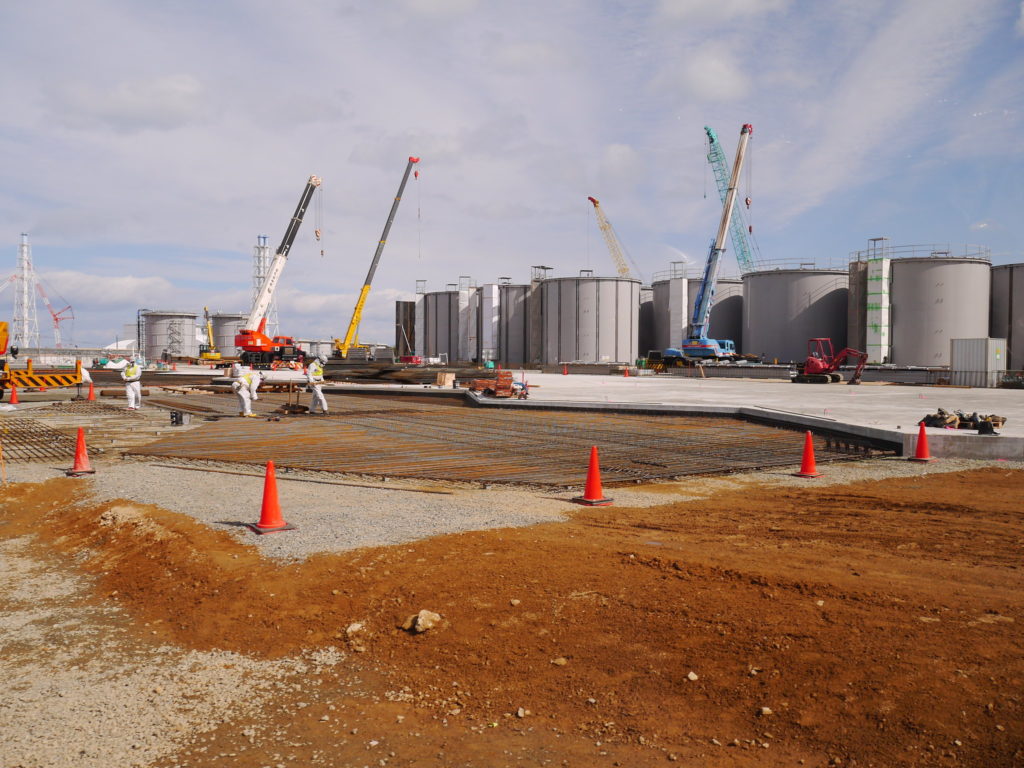
The grass is always greener, in my backyard: Perception and impacts of renewable energy
“Wind and solar energy are inherently free,” though research is crucial to understanding the true costs and benefits of renewable energy projects. As renewable energy evolves, with technical barriers dissolving and costs declining, challenges persist in navigating public perception and policy hurdles. CMCC researcher Wei Guo explores the multifaceted journey of overcoming historical obstacles and envisioning a sustainable transition, delving into the complexities that will shape our renewable energy future.











